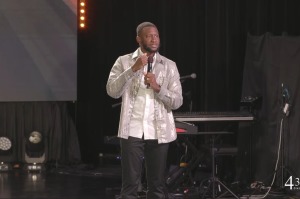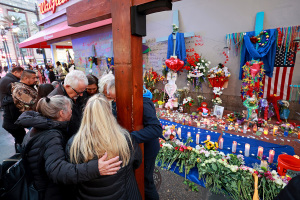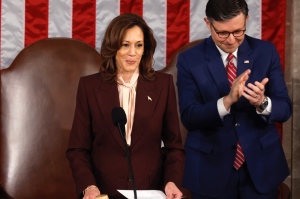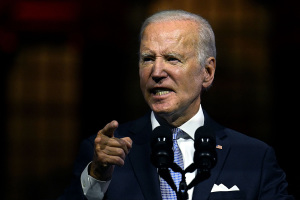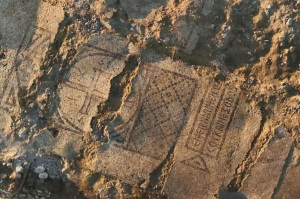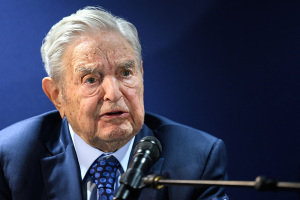Leadership Lessons from Lewis & Clark (Part 2)
Halford Luccock recalled a biography of Alexander the Great in which the writer described the panic felt by the Greek army when Alexander died. They had followed Alexander across Asia Minor and stood facing the Himalayan Mountains that form a natural barrier separating northern India f rom the plateau of Tibet in China.
"And there they discovered that they had marched clear off the map. Their only maps were Greek maps. These maps showed only a part of Asia Minor. The rest of the map was a blank space."
The Greek army was not the first group to find itself in uncharted lands, nor was it by any means the last. Amidst globalization, a volatile job market, shifting economic realities, and technological innovations, the leaders of today frequently find themselves marching through unexplored and unmapped terrain. In these moments, no one has marked the road, no precedents have been set, and it falls upon the leader to blaze a new trail. How can a person prepare to lead effectively in such an uncertain environment?
In the last edition of Leadership Wired, we looked at the leadership of two great American explorers who dared to march off of the map of their familiar world: Meriwether Lewis and William Clark. The improbable success of their Corps of Discovery was due to more than their on the spot genius. Preparation preceded their expedition and paved their way to greatness. In this edition, we’ll examine Lewis’ preparation under the tutelage of President Thomas Jefferson to find tried and true principles to aid our leadership journeys.
Preparation should begin with the dream, not with the reality.
Jefferson began to groom Lewis to lead the momentous expedition across America long before the Louisiana Purchase was even a possibility, and before Congress approved the funds. In other words, Jefferson, the great mind and great president, took a dream and started mentoring a person according to his dream before it became a reality. Jefferson’s foresight reminds me of one of my favorite quotes by John Wooden, “When opportunity comes, it’s too late to prepare.”
The first responsibility of the mentor is to prepare others for their future.
The best way a mentor can prepare another leader is to expose him or her to other great people. In the years prior to his famed journey into the American wilderness, Meriwether Lewis was Jefferson’s personal secretary and constant dinner companion. I love the statement historian Stephen Ambrose uses to describe the dinners hosted by Jefferson: “Every philosopher, scientist, geographer, and military expert that the country had to offer came to those dinners.” Through these social dinners, Jefferson was able to acquaint Lewis with the leading minds in America.
In actuality, the concept of one person mentoring another is idealistic. No single individual possesses the requisite skills to fully mentor a rising leader. Realizing their limitations, great mentors not only share f rom a personal reserve of experiences and knowledge, but they also connect their pupils with other authorities and experts to lend exposure to additional thoughts and ideas, just as Jefferson did for Lewis.
Preparation consists of many exercises.
In the writings of eminent historian Stephen Ambrose, we see the diverse experiences of Lewis’ training:
“He trained to use the sextants and the chronometer, and the instruments to aid in the mapmaking that he was charged with…”
“He studied medicine in Philadelphia under Dr. Benjamin Rush, a member of the American Philosophical Society, a signer of the Declaration of Independence, and the most eminent American physician of the day…”
“Lewis studied botany under the author of the first textbook on the subject published in the United States…”
“He also talked with experts in geography and cartography, and by the time that he left St. Louis a year later, Meriwether Lewis had probably the broadest field of knowledge of any American save Jefferson himself.”
Clearly, Meriwether Lewis was exposed to a process of continual exercises and had access to the finest minds of the day during his time of preparation.
Preparation provides confidence when facing the unknown.
In his wisdom, Jefferson prepared Lewis for the trip with the understanding that the expedition would encounter unknown experiences in the uncharted territory of the Louisiana Purchase.
With so much uncertainty in front of Lewis, Jefferson felt that he needed to do his best to give Lewis as much preparation as possible to instill the confidence that would be needed when the journey began.
__________________________________________________________
Called the nation's foremost expert on leadership, John C. Maxwell is founder of The INJOY Group, a collection of three distinct companies that employ 200 people and provide resources and services that help people reach their personal and leadership potential. In addition to building a successful organization, John has authored more than thirty books, including the New York Times best sellers The 21 Irrefutable Laws of Leadership and Failing Forward.
















